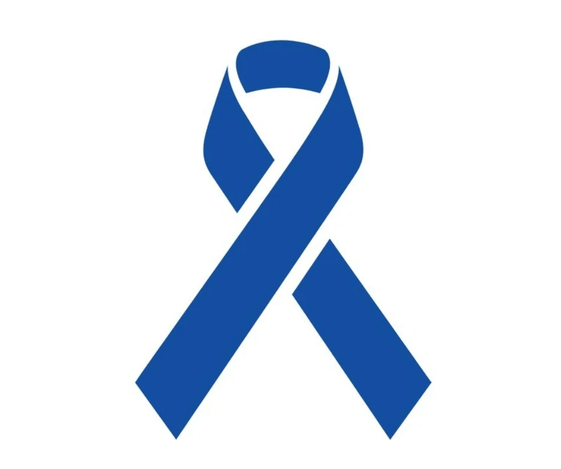1 November Update: Cetuximab (Erbitux) is now funded for some bowel cancer patients. To find out more, check eligibility and download resources including questions to ask your medical team, visit the Erbitux website.
GCF is delighted to see today’s announcement that Cetuximab (Erbitux) will be funded for a group of bowel cancer patients.
From November 1st, this targeted treatment will be available for patients with metastatic colorectal cancer on the left side of the colon, with testing confirming that the disease is RAS and BRAF wild-type.
This is an outcome that GCF, patient groups and clinicians have been working toward for some time. Cetuximab has been funded in Australia since 2011 and has been recommended for funding in New Zealand since 2019.
In 2023, an open letter to Pharmac highlighted Cetuximab as one of our highest priorities for funding. The clinical benefit for this group of patients is clear. GCF’s Executive Office, Liam Willis said…
“Patient groups and clinicians have long advocated for this outcome which will see these patients finally receive treatment that is standard of care, helping them to live longer and healthier lives.”
What is cetuximab?
Cetuximab is a cancer treatment that targets certain proteins (called epidermal growth factor receptors, or EGFR) to prevent he growth and spread of cancers.
Who can be treated with cetuximab?
Cetuximab will be publicly funded in New Zealand from 1 November 2024 for patients diagnosed with a very specific type of advanced bowel cancer known as left-sided RAS wild type and BRAF wild-type metastatic colorectal cancer.
What do these terms mean?
Metastatic
Metastatic is the term used when cancer cells have spread to other parts of the body.
Biomarkers, RAS & BRAF.
Some cancer tumours grow because of specific gene mutations. There are tests available to determine what these mutations are. These tests are called biomarker tests.
A biomarker test may be used to see if you have mutations in your RAS and BRAF genes. Finding if you have mutations will help your doctors decide which treatment is more likely to work for you.
RAS genes help cells grow, survive and multiply.
BRAF genes also help cells grow by supporting cells signaling.
If the cancer has a normal RAS gene, it is known as RAS wild type. If the cancer has a normal BRAF gene, it is known as BRAF wild type.
If you have early-stage bowel cancer, and your cancer has not spread, this targeted therapy will not be suitable for you.
If you have metastatic colorectal cancer, you might have undergone these tests already. Your oncologist will know if your metastatic cancer is left sided or not.
If you are unsure what type of bowel cancer you have, your oncologist will be able to answer any questions you may have.
You can read Pharmac's announcement here.
